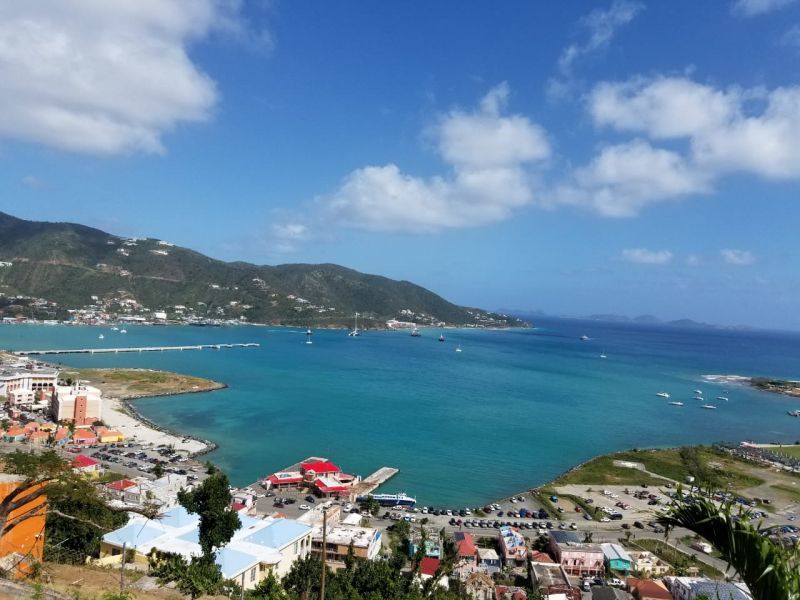
'Pandora Papers' show London is a key hub for tax avoidance
 Transparency advocates are calling on
Britain to tighten the country's defenses against money laundering and
tax avoidance, following the publishing of the Pandora Papers.
Transparency advocates are calling on
Britain to tighten the country's defenses against money laundering and
tax avoidance, following the publishing of the Pandora Papers.
Transparency advocates are calling on Britain to tighten the country's defenses against money laundering and tax avoidance.
The leaked financial data, dubbed the “Pandora Papers,” was published Sunday, October 3, 2021, by the International Consortium of Investigative Journalists and its media partners, including Britain’s Guardian newspaper and the BBC.
The cache of almost 12 million files shows how wealthy people around the world reportedly set up offshore companies to buy property and avoid taxes.
Foreign individuals identified as beneficiaries of these types of offshore accounts in London include Jordanian King Abdullah II, Azerbaijan’s President Ilham Aliyev and associates of Pakistani Prime Minister Imran Khan.
London a go-to for the rich & powerful
According to the Associated Press, though the purchases are legal under British law, they highlight the complicated — and often anonymous — financial practices wealthy individuals use to avoid tax, far removed from the everyday experience of most of the British population.
It said London is a go-to for the rich and powerful because it's home to a sophisticated ecosystem of businesses that can help in the process, including creative wealth management firms, high-end lawyers and long-established accounting firms.
A 2019 analysis by transparency group Global Witness indicated that around 87,000 properties in England and Wales were owned by anonymous companies registered in tax havens.
It said that 40% of the anonymously owned properties identified were in London and that the total value of the properties was likely to be more than 100 billion pounds ($135 billion). Popular areas were said to include the boroughs of Westminster, where the U.K. Parliament is located, Camden, and Kensington and Chelsea.
‘Wake up call’ for UK
The Associated Press said the London property market has for years struggled to shake off a reputation for playing a central role in how rich people around the world seek to hide and accentuate their wealth, with many prime properties in the heart of the city-owned by non-nationals. Russian oligarchs have been high-profile purchasers of London properties in recent years, for example.
Duncan Hames, policy director at the campaign group Transparency International UK, said the disclosures should act as a “wake up call” for the government to deliver on long-overdue measures to strengthen Britain’s defenses against what he termed “dirty money.”
“These leaks show that there is one system for corrupt elites who can buy access to prime property and enjoy luxury lifestyles and another for honest hard-working people,” he said. “Once again Britain’s role as an enabler of global corruption and money laundering have been exposed with the same loopholes exploited to funnel suspect wealth into the country."
 The Virgin Islands is not opposed to the idea of a public register once it becomes a global standard.
The Virgin Islands is not opposed to the idea of a public register once it becomes a global standard.
VI not opposed to public registers once global standard
Meanwhile, Transparency International UK is urging the government to close a loophole that allows companies in the UK's offshore financial centers such as the [British] Virgin Islands and the Cayman Islands to hold property in the country without requiring these companies to reveal the names of their true owners.
It should be noted that the Virgin Islands is not opposed to the idea of a public register once it becomes a global standard.
Nevertheless, the Virgin Islands Government in 2017 moved to implement a beneficial ownership database, which creates a secure, non-public search platform called BOSS (Beneficial Ownership Secure Search System) and gives effect to commitments made to the United Kingdom (UK) to facilitate the sharing of beneficial ownership information.
The search system is private but allows relevant authorities to get timely access to information requested.










